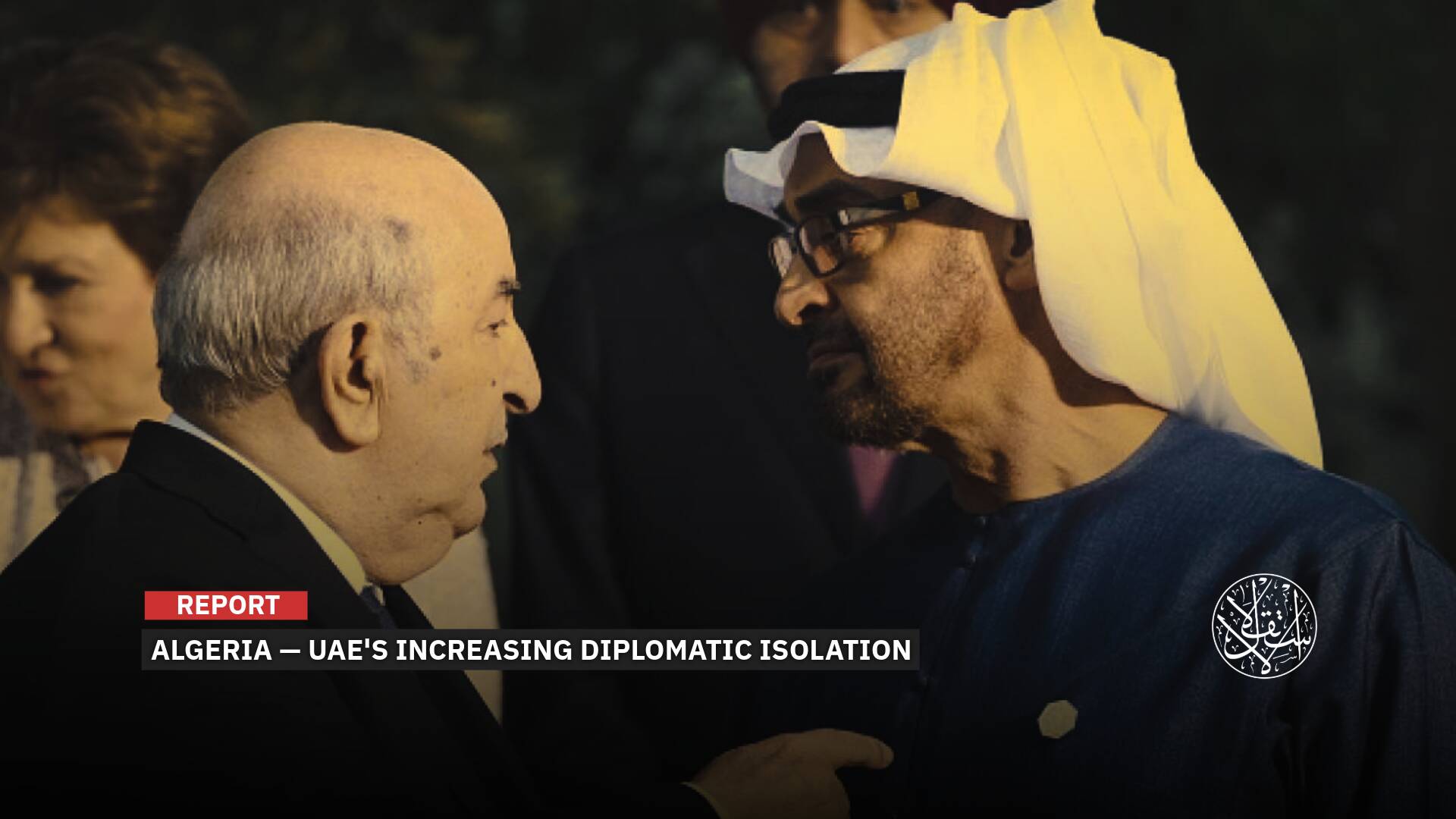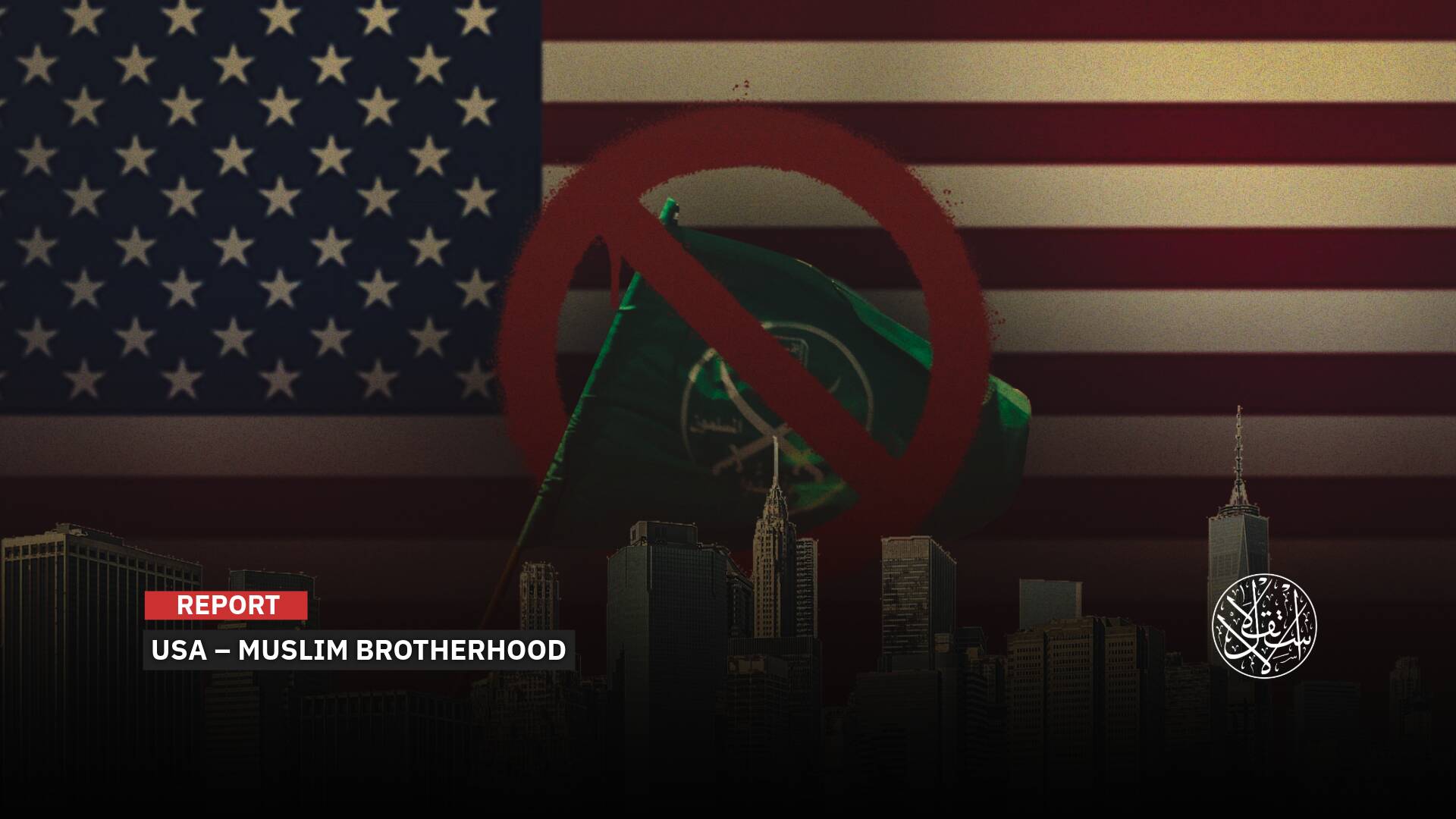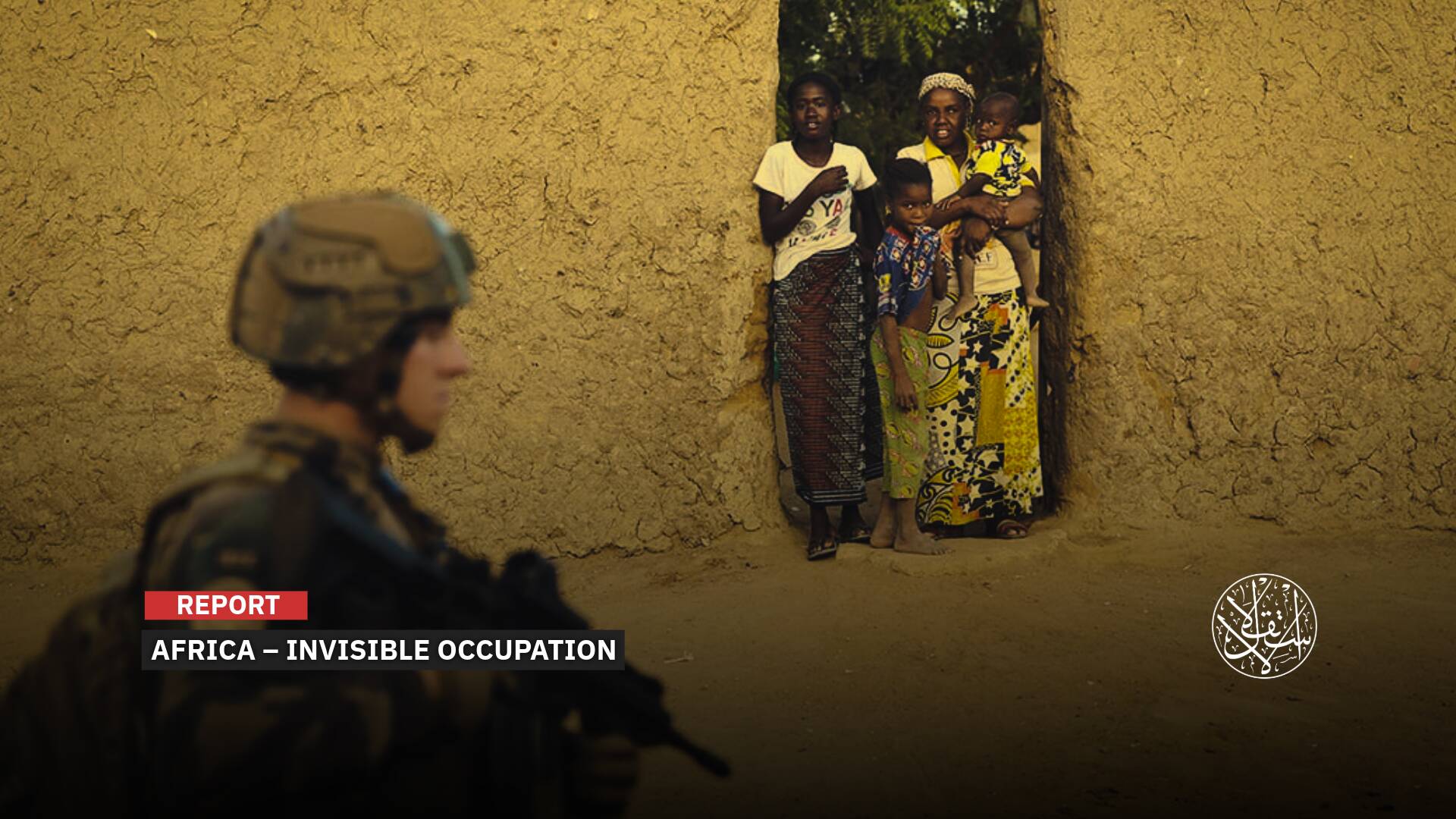Why Does Japan Reject Normalization With Assad and Take Firm Stances Against Him?

Japan has consistently maintained its firm stance on the necessity of achieving political transition in Syria since the outbreak of the revolution in March 2011.
Known for its generosity in providing financial aid, Tokyo is committed to improving the humanitarian situation and working with the international community to impose a political solution in Syria in accordance with international resolutions.
Steadfast Policy
Tokyo took a bold and early decision on September 9, 2011, to freeze the assets of Bashar al-Assad and entities and individuals affiliated with his regime.
This action came after the United States and European countries imposed sanctions on him to press for a democratic transition of power in Syria.
While some Arab countries began to normalize relations with the Assad regime after a rupture since 2011, citing the suppression of the Syrian revolution with iron and fire, Japan affirmed that it currently has no plans to reopen its embassy in Syria.
During a press conference in Tokyo on May 17, 2023, Japanese Foreign Minister Yoshimasa Hayashi stated that Japan has no plans at present to reopen its embassy in Damascus. He also mentioned that Japan will provide financial assistance to Syria through international organizations.
The Japanese Ministry of Foreign Affairs announced on March 21, 2012, the closure of its embassy in Damascus “due to security threats to its staff,” as reported by AFP at the time.
The Japanese Foreign Ministry indicated that its operations related to Syria will be conducted through its embassy in the Jordanian capital, Amman.
Hayashi stated that Japan will provide assistance to Syria amounting to 1.9 billion Japanese yen (14.3 million dollars) through international and U.N. organizations.
He emphasized that given the ongoing humanitarian crisis and the damages caused by the earthquake in Syria in February 2023, Japan will support initiatives in the areas of food, water, sanitation, healthcare, and medical assistance through international and U.N. organizations to aid those still suffering its effects.
On May 7, 2023, Arab foreign ministers decided to reinstate the Bashar al-Assad regime and allow Syria to regain its seat in the Arab League.
Bashar al-Assad arrived in Jeddah, Saudi Arabia, on May 18 after receiving an invitation to attend the Arab Summit.
Responding to a question about the re-floatation of the Syrian regime, the Japanese Foreign Minister affirmed that they are aware of the Arab League’s decision, but Tokyo currently has no plans to reopen its embassy in Damascus, although it will continue to closely monitor the situation.
Tokyo believes that the Syrian regime’s policy of repression and killing to end the revolution is unacceptable.
Especially when Syrian blood has been shed since the first day of the revolution by the bullets of the intelligence apparatuses in Daraa, the cradle of the revolution, before the protests calling for the overthrow of Assad expanded, leading to increased brutality by the security forces and a rising death toll day after day.
In response, on August 20, 2011, Japanese Foreign Minister Takeaki Matsumoto summoned the regime’s ambassador to Tokyo, Mohammed al-Habash, to convey Japan’s position on the events unfolding in Syria.
Matsumoto told al-Habash that Syria is still using force against the government-opposing protesters, urging him to immediately stop the violence and embark on implementing fundamental reforms towards democracy, as reported by the Japan Broadcasting Corporation (NHK).
The Japanese minister emphasized that it is regrettable that the approach adopted by the Syrian security authorities has led to the loss of lives.
According to him, al-Assad has lost the trust of the international community, and he can no longer be described as the legitimate leader of his country; Matsumoto called on him to step down from power, in line with many European countries and the United States.
The Japanese stance escalated against the Syrian regime as it persisted in its security-oriented solution.
During his participation in the G8 summit in Northern Ireland on June 18, 2013, former Japanese Prime Minister Shinzo Abe publicly urged Bashar al-Assad to resign in a statement made to journalists.
Abe stated that violence in Syria must come to an immediate halt, and the Assad regime should step down, allowing a government to be formed by the Syrian people.
During that period, Abe unveiled a fresh aid package of $10 million for Syrian refugees, along with loans totaling $120 million to support Jordan in managing the influx of refugees from Syria.
Jordan, being one of the first destinations for those fleeing the Assad regime’s military operations, bore a significant burden in accommodating Syrian refugees.
Weakening the Assad Regime
Politically, Japan has been at the forefront of aligning with the international community to undermine the Assad regime and mitigate its capacity for employing harmful tactics against the Syrian population.
Japan ranked as the leading donor to the program aimed at the destruction of chemical weapons in Syria, demonstrating its significant contribution to this cause.
The Japanese government announced on February 26, 2014, its donation of approximately 1.4 billion yen ($14 million) to support the program for the destruction of chemical weapons belonging to the Syrian regime.
This came after the Assad regime succumbed to abandoning its chemical weapons under a Russian–American deal in order to avoid any U.S. attack.
This was in response to the Ghouta massacre in late August 2013, where the regime forces extensively used chemical weapons, resulting in the deaths of nearly 1,500 people.
In the United Nations Security Council, Japan spearheaded various initiatives against the Assad regime, even in instances where Russia exercised its veto power on November 18, 2017, to block a resolution put forth by Japan.
The draft resolution at that time called for a technical extension of one month for the mission of international experts tasked with investigating the use of chemical weapons in Syria.
The resolution aimed to prevent the Assad regime from committing chemical crimes against the Syrian people.
This came after a report prepared by these experts in late October 2017, which accused the Syrian regime’s air force of launching a sarin gas attack on the town of Khan Shaykhun in the Idlib countryside on April 4 of the same year, resulting in the deaths of over 80 civilians.
At that time, former U.S. President Donald Trump ordered the bombing of an airbase of the Assad regime, suspected of being used by Syrian fighter jets to carry out the sarin gas attack on Khan Shaykhun.
It is worth noting that Japan was strict in terms of opening its doors to Syrians fleeing the horrors of the war in Syria.
Japan has long followed a policy of closed-door immigration, and therefore, in 2016, it only accepted 28 refugees out of 8,193 applications after thorough scrutiny and examination of the submitted files, which was one more than the number registered in 2015.
On February 13, 2018, data from the Japanese Ministry of Justice indicated that the number of asylum applications to Japan increased by 80% in 2017, with over 19,600 individuals applying for asylum in Japan, of which only 20 were accepted.
Among the twenty accepted refugees, there were five Syrians, five Egyptians, and two from Afghanistan, while the government withheld the nationalities of the remaining individuals for security reasons and fear of identification.
Japan is cautious about accepting refugees in order to preserve the racial and cultural “homogeneity” of Japanese society and to prevent the replacement of Japanese labor with foreign labor.
Japan’s population is currently 127 million, but it is projected to decline to 87 million by 2060, according to estimates.
The number of foreigners residing in Japan in 2016 did not exceed 2.38 million people, which is less than 2% of the population, although this figure is considered a record.
Japan has contributed to expanding educational opportunities for Syrian youth deprived of learning opportunities following the outbreak of the revolution and the resulting displacement in Syria.
In 2016, Japan received around 150 Syrian refugees for studying, some of whom were residing in Turkiye, as part of the foreign student program over a period of five years.
Tokyo indicated that these efforts would contribute to enhancing human resources and contribute to the future recovery of Syria, according to the Japanese Ministry of Foreign Affairs.
Generous Donor
On the other hand, Japan plays a significant role as a major donor to international relief organizations, offering substantial financial assistance. While demonstrating its commitment to humanitarian efforts, Japan emphasizes its stance against accepting refugees as a means of drawing international attention.
In the case of Syria, Japan adopted a more flexible approach by supporting programs for Syrians in displacement areas within Syria or in refugee-hosting countries, notably Jordan, Lebanon, and Turkiye.
Japan has played a significant role in supporting Syrian internally displaced persons (IDPs) and refugees with financial aid and material assistance since 2011 to help them after fleeing their homes due to bombings and security crackdowns by the Assad regime’s intelligence agencies.
In late December 2021, Japan provided an emergency grant of $8.45 million to Lebanon to address the burdens of Syrian refugees.
In 2014, Japan provided approximately $200 million in support for Jordan and its efforts in assisting Syrian refugees.

The Japanese government allocated a sum of $3.57 million to assist Syrian refugees in Jordan.
Since the beginning of the Syrian crisis, the Japanese government has provided $59.1 million to the United Nations High Commissioner for Refugees (UNHCR) in Jordan.
Additionally, Japan made an additional donation of $37 million to the UNHCR Regional Office to support Syrian and Iraqi refugees, according to the United Nations statement.
The Japan International Cooperation Agency (JICA) has supported Syrian refugees in Jordan in previous years by providing scholarships to 16 refugees for higher studies in Japan.
The program aims to provide higher education opportunities for 100 Syrian refugees residing in Jordan or Lebanon over a period of five years.
Furthermore, on July 20, 2021, Japan announced its intention to provide a loan of $410 million to municipalities in Turkish provinces in exchange for the services provided to Syrian refugees residing there.
The loan repayment period would begin seven years after its disbursement, with an interest rate of less than 0.1%, and the repayment would continue for 25 years.
Japan did not let its stance on Syria affect its relationship with Russia, which militarily intervened in 2015 to prevent the fall of Bashar al-Assad’s regime.
Tokyo and Moscow had been trying for years to resolve a territorial dispute dating back to the end of World War II, which prevented the signing of a peace agreement between the two countries.
On the tenth anniversary of the Syrian revolution, Japan’s Coordinator for Syrian Affairs, Akira Endo, reaffirmed his country’s readiness to contribute to the reconstruction of Syria when the political process progresses in line with U.N. Security Council Resolution 2254.
Endo stated that peace and stability in Syria cannot be achieved through military means, as he said on March 19, 2021.
In that year, the Assad regime was preparing for presidential elections. Endo commented, saying they must be held with the participation of all Syrians and with the understanding of the international community.
Endo’s statement aligned with a joint statement issued by the foreign ministers of the United States, Germany, France, Italy, and the United Kingdom, days before, which stated that the proposed Syrian presidential elections this year (2021) will not be free or fair, and they should not lead to any international normalization with the Syrian regime.
Indeed, on May 27, 2021, the President of the Syrian regime’s parliament, Hammouda Sabbagh, announced Bashar al-Assad’s victory in a fourth seven-year presidential term after receiving 95.1% of the votes.
These elections were considered symbolic and illegitimate by the opposition, describing them as a “farce,” while the United States and European countries at the time stated that they were “neither free nor fair.”
According to the Japanese envoy, his country has provided support to Syria totaling over $2.9 billion since 2012 for emergency and humanitarian assistance in areas such as food, water, sanitation, health, and education.
Japan does not import crude oil or petroleum products from Syria, but it has imposed sanctions on Bashar al-Assad and senior officials.
It is worth noting that prior to 2011, Japan provided grants to Syria for water projects, water supply development, and the establishment of a water resource information center to enhance water resource management, amounting to millions of dollars.
Sources
- Japanese Foreign Minister said Japan currently has no plans to open our embassy in Syria [Arabic]
- Japan calls on Assad to stop the violence immediately and step down [Arabic]
- Japan stresses the necessity of the participation of all Syrians in the presidential elections [Arabic]
- Japan announces the admission of 150 Syrian refugee students [Arabic]
- Japan offers Turkey $410 million for Syrian refugees [Arabic]
- Japan tops the list of donors for the Bashar chemical destruction program [Arabic]











